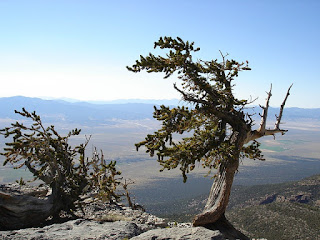Aardvark Confounds Evolution

The aardvark (from the Dutch, meaning "earth-hog") is confounding to proponents of plankton-to-paleontologist evolution for several reasons. One is that it looks like it was assembled with spare parts of several animals, so we have another cladistics fail. The fossil record does not give a hint as to its alleged evolutionary ancestry. Add to that the numerous features, such as: Designed for digging, which it does remarkably fast Chowing down on ants, termites, and plants A sensitive sniffer Fast runner Mostly solitary Of course, Darwinists use useless terms like " convergent evolution " and make excuses, but the fact is that the aardvark cannot be explained through naturalistic processes. The Creator designed it, personally, I think it's one of those critters he made to show that he has a sense of humor. Despite being one of the first words in a dictionary or encyclopedia, the aardvark is still something of a mystery for many people outside its hom





